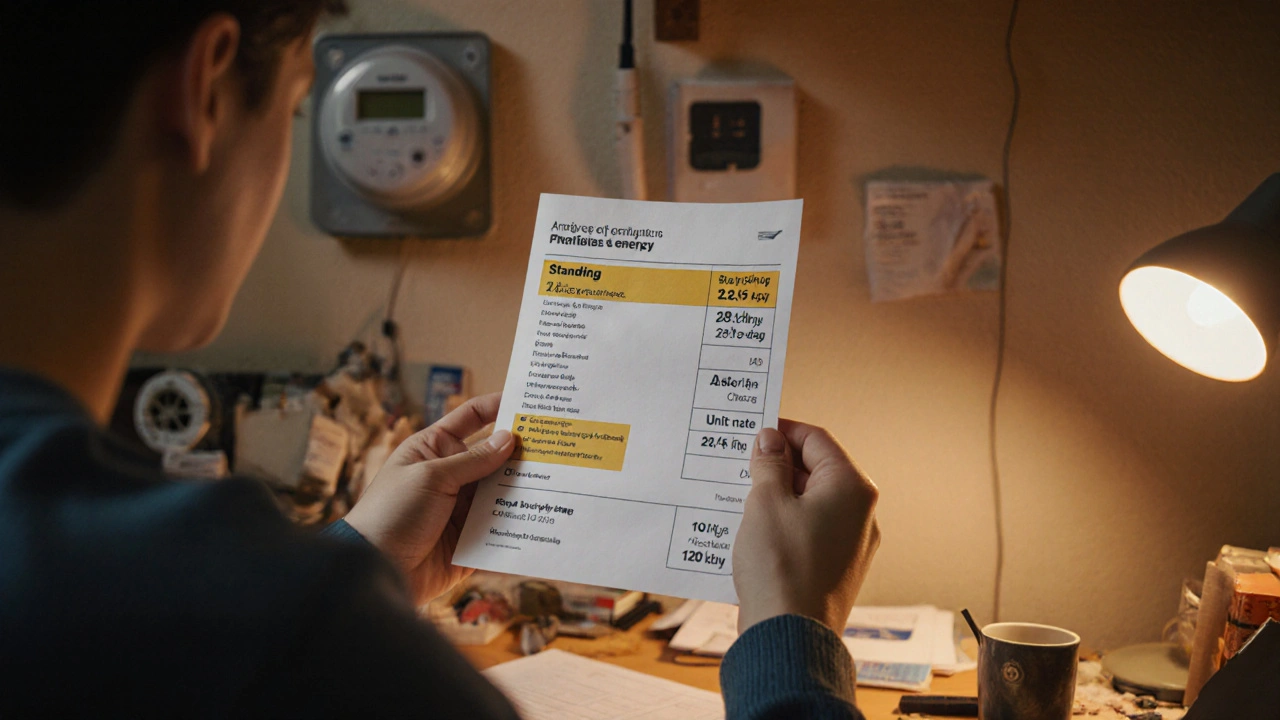Energy Usage for UK Students: Cut Costs and Stay Warm Without Breaking the Bank
When you’re living on a student budget, energy usage, the amount of electricity, gas, and other utilities consumed in your home. Also known as utility consumption, it’s one of the biggest hidden costs that can blow your monthly budget wide open. It’s not just about turning off lights—how you heat your room, when you run the washing machine, and even how you use your kettle all add up. For UK students, energy bills aren’t just a number on a screen—they’re a daily decision between staying warm and eating well.
Many students don’t realize that heating costs, the money spent to warm your home using gas or electric systems. Often the largest part of an energy bill. make up over 60% of your total energy usage. In colder regions like Scotland or Northern Ireland, a poorly insulated flat can cost you £50 extra a month just to keep the chill out. And if you’re on a standard variable tariff, you’re likely paying more than you need to. Switching to a fixed-rate plan or using a smart meter to track usage in real time can cut that down fast. Even small habits—like using a kettle only when full, closing curtains at dusk, or wearing a jumper instead of cranking the thermostat—add up to hundreds of pounds a year.
It’s not just about saving money, either. student bills UK, the recurring household expenses students pay including rent, water, and utilities. Often bundled into accommodation contracts. are rising faster than inflation, and energy prices are still volatile. Universities and housing providers are starting to offer energy-saving tips, but most students aren’t told how to actually use them. That’s why the posts below cover real, tested strategies: how to read your meter without confusion, how to negotiate lower bills with landlords, how to spot fake green energy deals, and which appliances drain the most power when you’re not even home. You’ll also find guides on how to get free insulation grants, how to use council support programs, and why your roommate’s habit of leaving the radiator on all day might be costing you more than you think.
There’s no magic trick to lowering your energy usage—just clear, practical steps that actually work for people living in shared houses, student flats, and university halls. Whether you’re new to managing your own bills or you’ve been fighting over the thermostat for years, the advice here cuts through the noise. You don’t need to live like a monk to save money—you just need to know where the leaks are, and how to plug them.
Published on Oct 19
0 Comments
Learn how to read your UK energy bill as a student - understand unit rates, standing charges, and usage to save money and avoid overpaying on gas and electricity.
